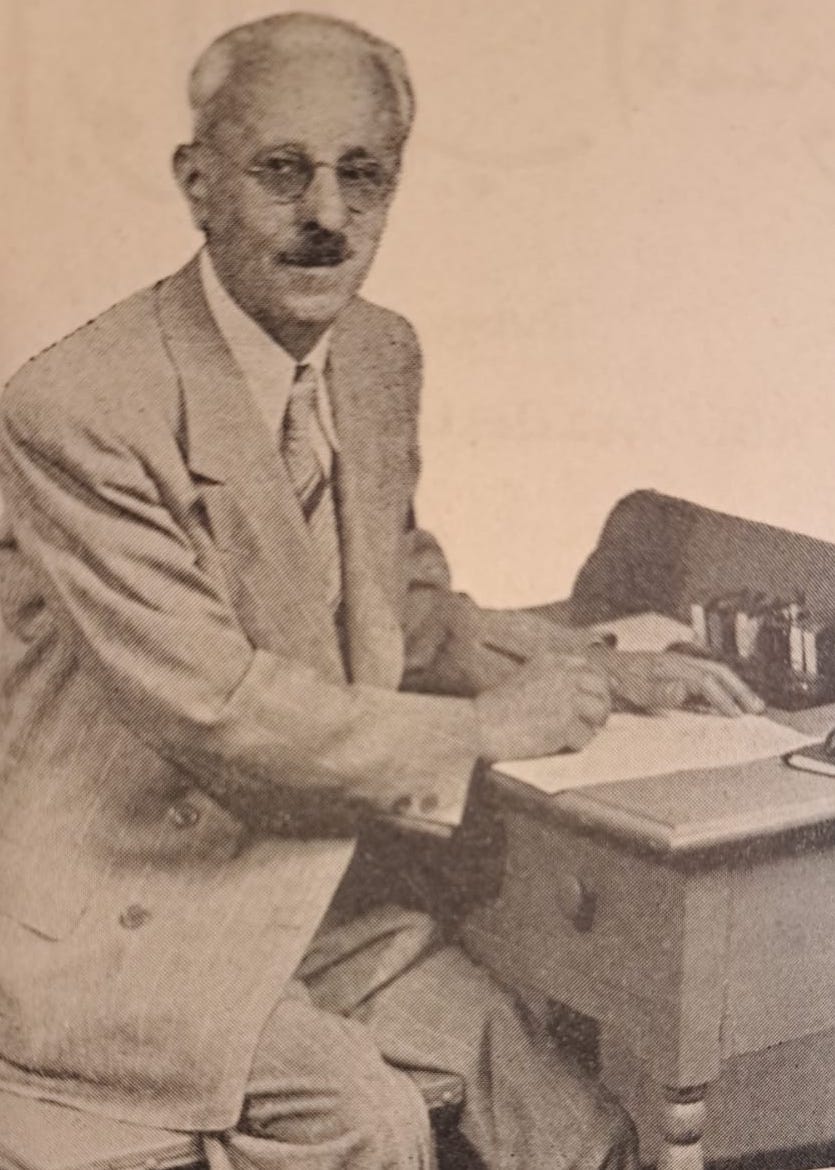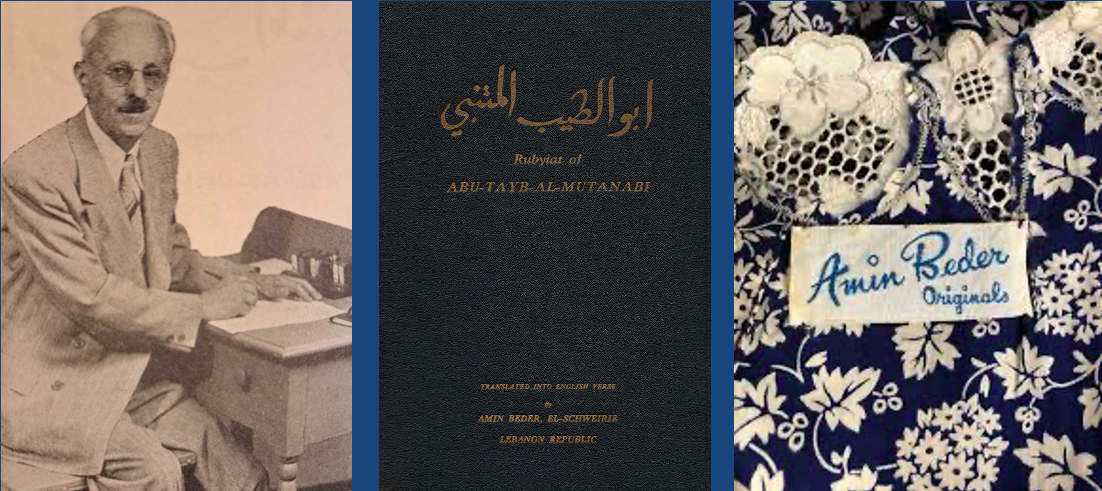-
-
-
-
Search
-
-
0
-
Shopping Cart
xProducts:0Cart Empty
-
By Francesco Medici
copyright all rights reserved © 2023

The famed Abbasid-era poet Abu al-Tayyib al-Mutanabbi (915-965), who is today recognised as the most significant and influential in the Arabic language, had some of his Rub'ayyat (Quatrains) translated into English, and they first appeared in «The Syrian World»1 in 1931. Amin Georges Beder, the translator (1876–1955), was a merchant of Lebanese descent who had fled his home Shweir in 1886 at the age of 14 in search of his fortune in New York. He studied hard and entered St. Lawrence University in Canton, New York after arriving in the US with limited English proficiency. In 1899, he graduated as the class valedictorian with a degree in English. After that, he spent a year working in the office of the "New York Sun," teaching English in the evenings to immigrants from his country of origin and acting as their interpreter in the New York City courts. He founded the prosperous company "Amin Beder & Co." in 1905, a company that traded in "Oriental goods" and subsequently specialised in women's designer clothing. He relocated to St. Petersburg, Florida, in 1929, and remained there until his passing.
Although Beder was not a part of Arrabitah (The Pen League), he was close to their group and was involved throughout his life in Syrian-Lebanese diaspora affairs, Middle Eastern affairs, and Arab culture. The book Rubyiat of Abu-Tayb-Al-Mutanabi, which he privately published in St. Petersburg in 1945, finishes with numerous of his own poems, including the eulogy to Kahlil Gibran that was first published in «The Syrian World» in 1931, just a few weeks after the latter's passing:2
Where is your Soul, Gibran, where has it fled?
Why silently you rest – What pales your head?
There is no sign of fear or anguish on your brow;
What hast thou found beyond – what hast thou read?
I wonder if you trembled at the sight
Of Father Death whose hand he lays so light,
To honour thee and crown thee with his bliss;
Why fear his hand – where is our Prophet’s Might?
Your pen and brush are left without a seer,
Are stilled, and who will the despondent cheer?
What brush will paint the boundless shoreless sea?
What hand so strong, the ship of life to steer?
Gibran’s Answer
And as I pass into the darkest sea,
Beyond the gates of Night where none are free,
My eyes, though turned away, behold thee still;
My heart when cold in death will beat for thee.

[1] Rubayat Abu-Tayeb, Translated from the Arabic by Amin Beder, «The Syrian World», Jan. 1931, V, 5, p. 23; Rubayat A[b]u-Tayeb, Translated from the Arabic by Amin Beder, «The Syrian World», Nov. 1931, VI, 3, p. 23.
[2] Amin Beder, The Spirit of Gibran, «The Syrian World», May 1931, V, 9, p. 18.